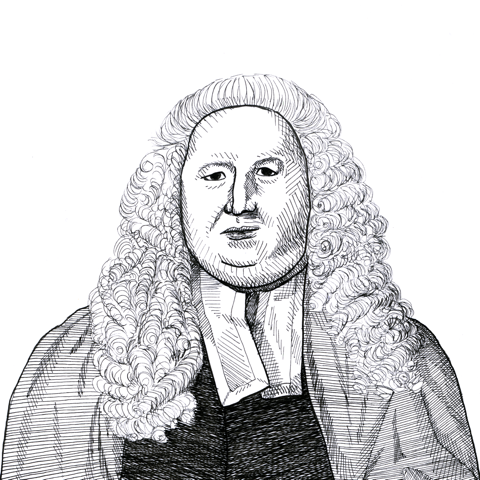
Sir William Blackstone argues that occupancy of previously unowned land creates a natural right to that property which excludes others from it (1753)
Found in: Commentaries on the Laws of England in Four Books, vol. 1
In his influential Commentaries on the Laws of England (1753) Sir William Blackstone has a chapter on “Of Property, in General” in which he outlines a case for property rights which has influenced a couple of hundred years of thinking on the subject in England and America:
Property Rights
The only question remaining is, how this property became actually invested: or that it is that gave a man an exclusive right to retain in a permanent manner that specific land, which before belonged generally to everybody, but particularly to nobody. And, as we before observed that occupancy gave the right to the temporary use of the soil, so it is agreed upon all hands, that occupancy gave also the original right to the permanent property in the substance of the earth itself; which excludes every one else but the owner from the use of it.